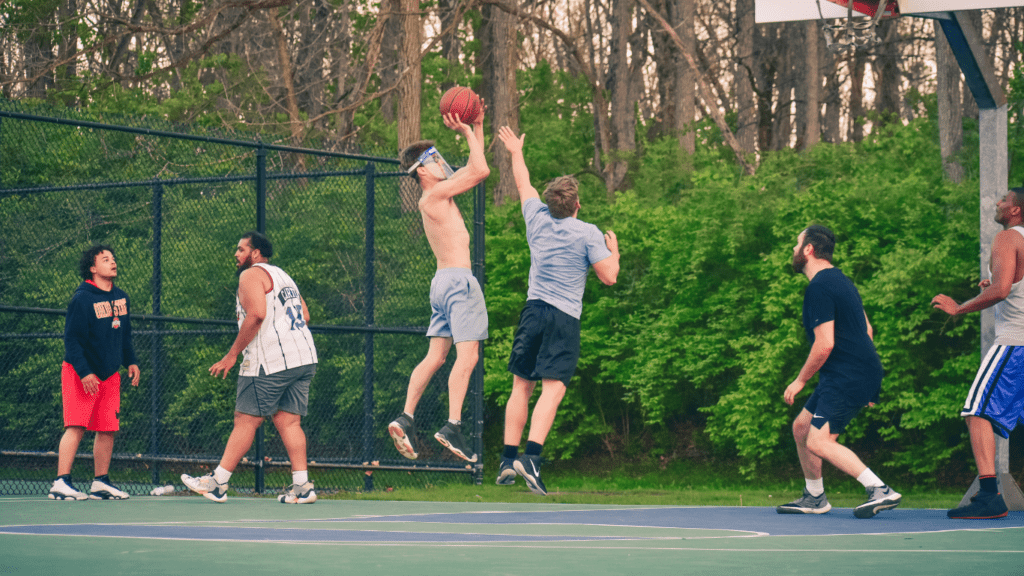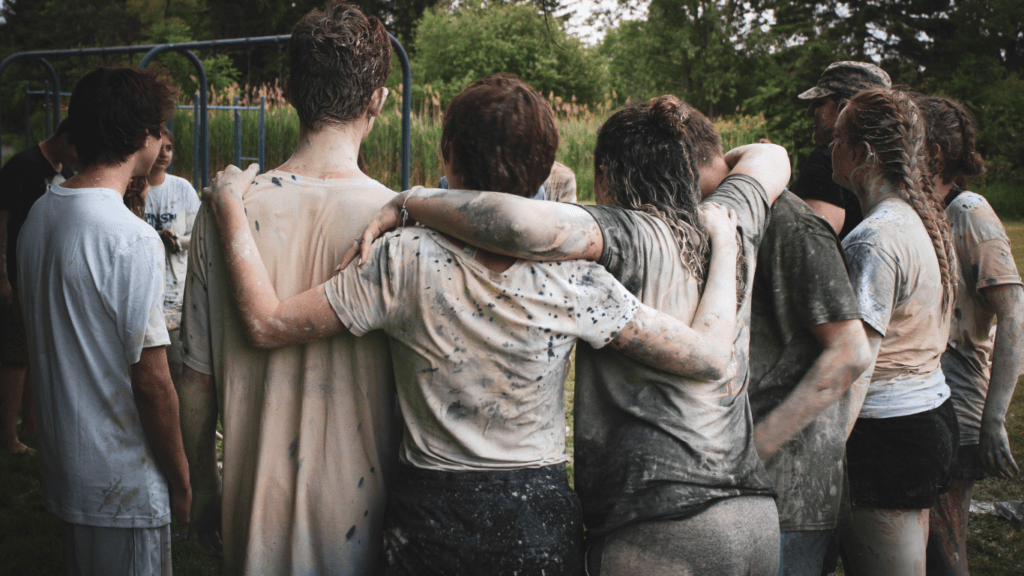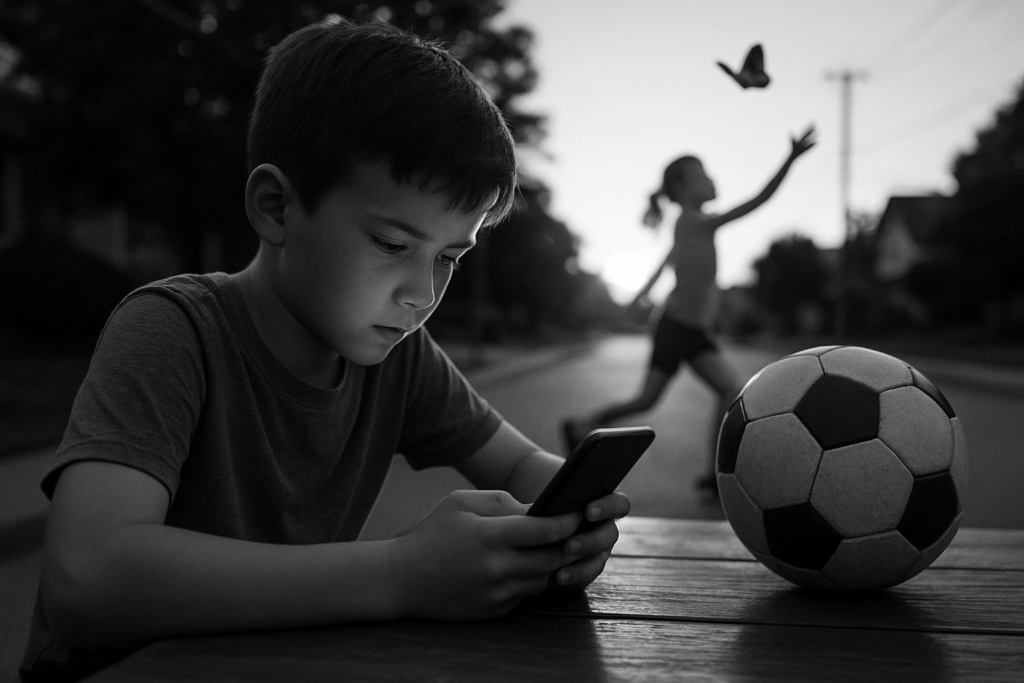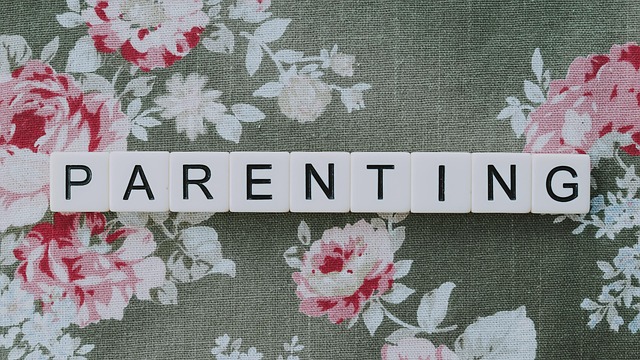The Importance of Social Skills in Gaming
In the virtual world of multiplayer games, social skills play a crucial role. Interactive elements in these games enhance real-life social capabilities.
Why Social Skills Matter
Social skills form the foundation for successful interaction in both gaming and daily life. Effective communication, empathy, and teamwork are essential to navigate the complexities of multiplayer environments.
For example, players can coordinate strategies, resolve conflicts, and build alliances. According to the American Psychologist Association, individuals with strong social skills exhibit better mental health and improved relationships.
How Games Influence Social Behavior
Multiplayer games directly impact social behavior by providing scenarios that necessitate interaction. Real-time communication promotes quick thinking and adaptability.
For instance, in games like “World of Warcraft,” players must collaborate in guilds to achieve shared objectives. These experiences teach negotiation, leadership, and cooperation.
A study by the Entertainment Software Association found that 70% of gamers believe games cultivate teamwork skills.
By engaging in multiplayer gaming, individuals develop valuable social skills that transfer into real-world scenarios, enhancing both personal and professional interactions.
Overview of Multiplayer Games Enhancing Social Skills
Multiplayer games provide dynamic environments where players can enhance their social skills. By participating in these games, players develop essential abilities in real-time.
Types of Multiplayer Games

Multiplayer games come in various formats, each offering unique social interactions.
- Massively Multiplayer Online (MMO) Games: Games like “World of Warcraft” involve large communities, promoting teamwork and leadership.
- First-Person Shooters (FPS): Titles like “Overwatch” require quick communication and coordination.
- Cooperative (Co-op) Games: Games such as “Left 4 Dead 2” emphasize working together to achieve common goals.
- Battle Royale Games: In games like “Fortnite,” players must strategize and adapt to unpredictable environments.
- Sports Games: Games like “FIFA” facilitate one-on-one or team competitions, enhancing competitive social interactions.
Examples of Games That Build Social Skills
Certain multiplayer games are particularly effective in fostering specific social skills.
- “World of Warcraft”: Develops negotiation, conflict resolution, and leadership capacities by managing guilds and participating in group quests.
- “Overwatch”: Enhances communication and strategic planning through team-based objectives.
- “Among Us”: Improves deduction and persuasion abilities, as players must identify impostors while discussing clues.
- “Fortnite”: Promotes adaptability and teamwork while navigating constantly changing scenarios.
- “Minecraft”: Fosters creativity and collaboration by allowing players to build and explore together.
Multiplayer games serve as practical frameworks for improving social skills through varied and interactive experiences.
Strategies for Developing Social Skills Through Games
Multiplayer games offer a rich environment for enhancing social skills. Here’re effective strategies to leverage gaming for social development.
Choosing the Right Games
Selecting games with collaborative and communicative elements boosts social skills.
Games like “Overwatch,” “Minecraft,” and “Among Us” require teamwork, strategy, and interaction.
Opt for titles that foster cooperation and problem-solving rather than purely competitive games. It’s crucial to assess a game’s community and its inclusivity standards, as positive peer interactions play a significant role in social learning.
Facilitating Positive Interaction
Moderating gaming sessions ensures a supportive environment. Encourage respectful communication during gameplay, and address toxic behavior immediately.
Use voice chat or text features to promote healthy conversations. Create scenarios where players must work together to achieve common objectives. These practices instill empathy and patience, essential components of social skills.
Learning From Group Dynamics
- Observing group behavior during games teaches valuable lessons.
- Pay attention to how players negotiate roles, resolve conflicts, and celebrate successes.
- Use these observations to discuss effective communication strategies.
- Reflect on in-game interactions and relate them to real-life situations.
This reflection helps players understand their impact on group dynamics and enhances their ability to function in team settings beyond the game.
By implementing these strategies, multiplayer games become powerful tools for fostering social skills.
Benefits of Multiplayer Games on Social Skills
Multiplayer games offer several benefits for nurturing social skills. They provide environments where players can develop communication, teamwork, empathy, and leadership abilities.
Improved Communication
Multiplayer games significantly boost communication skills. Players need to relay strategies, share resources, and coordinate actions in real-time.
For instance, in “Overwatch,” effective communication determines a team’s success or failure. Players use voice or text chat to exchange vital information, making concise and clear communication essential.
This practice helps players articulate thoughts better and understand different perspectives.
Teamwork and Collaboration
Multiplayer games excel at fostering teamwork and collaboration. Games require players to work together to achieve common goals.
In “World of Warcraft,” group raids or dungeons need meticulous planning and execution, with each player’s role clearly defined. This environment encourages players to support each other, share expertise, and develop mutual trust.
Experiencing diverse team dynamics enhances the ability to function effectively in group settings, both in games and real life.



